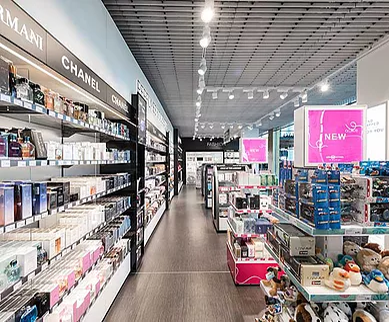Free markets and business
Founded a year ago
1973
The free markets manage, operate and sell goods and goods to the arrivals, diplomats, organizations, traders and the general public through airports, ports and various free marketing market centers in Khartoum state and the Red Sea state, which is characterized by the quality of goods and services provided to customers and customers.





